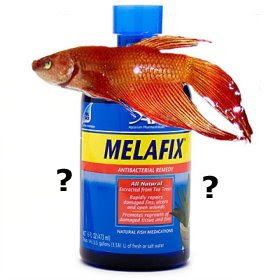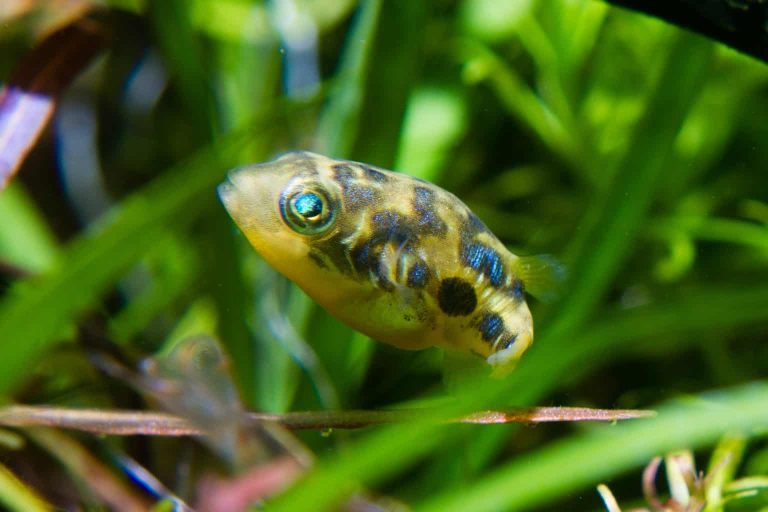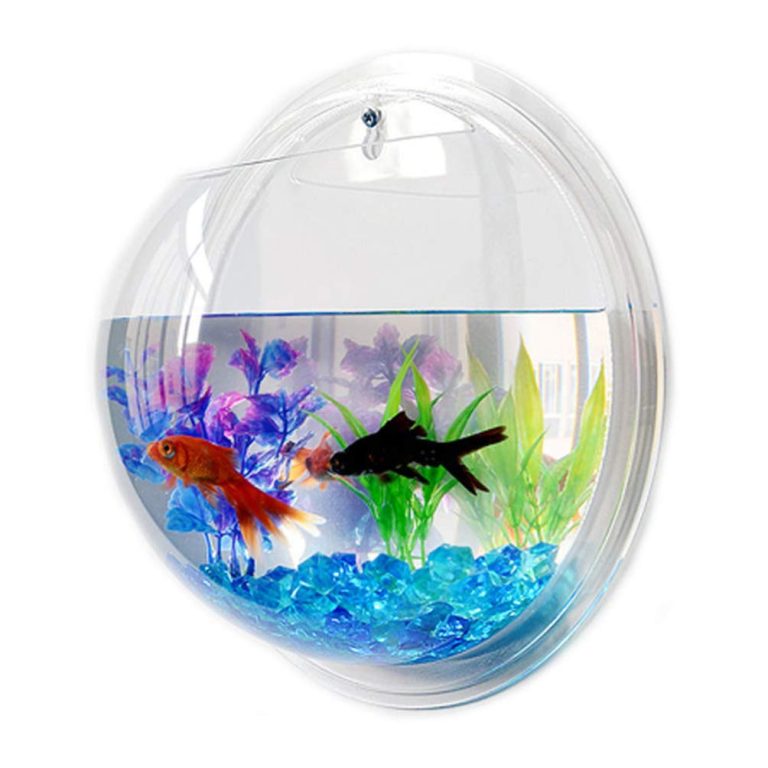Discover the Truth: Is Pimafix Safe for Bettas?
Pimafix is safe for bettas when used as directed. Pimafix is a popular treatment for bettas suffering from fungal infections, as well as for other freshwater fish.
The active ingredient in pimafix is an extract from the west indian bay tree, which has anti-fungal properties. While generally considered safe, some betta owners have reported negative side effects from pimafix, such as respiratory distress or sensitivity to the medication.
It is important to fully research any medication before using it on your fish, and to closely monitor your betta’s behavior and health during and after treatment. As with all medications, it is best to consult with a veterinarian or experienced fish keeper before administering pimafix to your betta fish.

Credit: www.myaquariumclub.com
Natural Remedies For Treating Bettas
Betta fish are one of the most popular aquarium fishes due to their vibrant colors and long fins. Despite their beauty, these fish are prone to various diseases and infections. Medications are available in the market, but some aquarium owners prefer natural remedies due to their safety and effectiveness.
In this blog post, we’ll focus on three natural remedies for treating bettas: the use of tea tree oil, salt baths, and indian almond leaf.
Use Of Tea Tree Oil
Tea tree oil is a potent essential oil that has anti-fungal, anti-bacterial, and anti-inflammatory properties. It is a natural remedy that many aquarists use to treat bettas.
Here are some key points to remember if you choose to use tea tree oil:
- Tea tree oil can be toxic if used in excessive amounts. Always dilute the oil before using it in your aquarium.
- Use only a few drops of tea tree oil per gallon of water.
- After adding tea tree oil to your tank, keep an eye on your fish for any adverse reactions.
- Keep in mind that tea tree oil can reduce the oxygen levels in the water if not used properly.
Salt Baths
Salt baths are another natural remedy that aquarium owners use to treat various infections and diseases in their betta fish. It is an effective treatment for parasitic infestations, as well as bacterial and fungal infections.
Here are some key points to remember if you choose to use salt baths:
- Dissolve aquarium salt in a separate container before adding it to your aquarium. Using untreated salt can be dangerous for your fish.
- Use only 1 tablespoon of salt per gallon of water.
- Keep your fish in the saltwater solution for no longer than 10-15 minutes.
- After the salt bath, put your fish in clean water to help them recover.
Indian Almond Leaf
Indian almond leaves are a natural and safe remedy that aquarists use to treat betta stress and fin rot. The leaves are rich in tannins and have anti-bacterial and anti-inflammatory properties.
Here are some key points to remember if you choose to use indian almond leaf:
- Boil the leaves for at least 10 minutes before adding them to your aquarium to release the tannins.
- Only use about one leaf per 10-gallon tank.
- The leaves will leach color into your water, but this is not harmful.
- Replace the leaves every 2-3 weeks.
Natural remedies such as tea tree oil, salt baths, and indian almond leaf can be effective and safe treatments for betta fish diseases and infections. However, it is crucial to follow the instructions and guidelines carefully to ensure the best results for your aquarium.
Frequently Asked Questions For Is Pimafix Safe For Bettas
Is Pimafix Safe For Bettas To Treat Ich Or Other Illnesses?
Yes, pimafix is safe for bettas when used as directed to treat ich or other illnesses.
How Do I Use Pimafix To Treat My Betta Fish?
Add the recommended amount of pimafix to the betta’s water as directed on the bottle.
Are There Any Potential Side Effects Of Using Pimafix?
Pimafix has no known major side effects but may cause irritation to bettas with sensitive skin.
Can Pimafix Be Used As A Preventive Measure For Betta Health?
Pimafix is not a preventive measure but can be used to promote overall betta health and treat minor illnesses.
Conclusion
As we conclude, it’s important to note that pimafix can be safe for bettas when used correctly. While it’s an effective anti-fungal and bacterial treatment, overdosing and incorrect use can be harmful to your betta. As with any medication or treatment, it’s always best to consult with a veterinarian or experienced betta keeper before using it.
Additionally, it’s important to maintain good water quality, a proper diet, and an ideal environment to prevent illnesses in the first place. Regular water changes, proper filtration, and monitoring your betta’s behavior can go a long way in keeping them healthy.
Overall, pimafix can be a useful tool in treating your betta, but it should never be the sole solution to preventing or treating illnesses in your fish.






